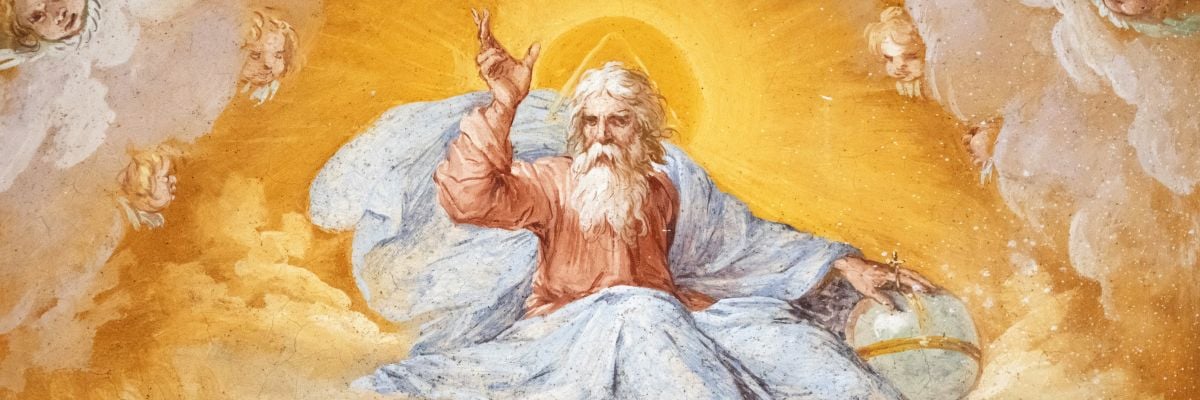
Therefore, the argument that heaps the blame of evil on God does not hold water with the Africans. In the Yoruba-African context, evil is a matter of morality and has little or nothing to do with religion. Such a perspective tends to be different from the Western conception of evil that identifies, for the most part, the religious agency of evil. Īfrican Conception of evil: The Yoruba ExampleĮvil in general is “any experience that is injurious, painful, hurtful, regretful or calamitous … impedes or obstructs the achievement of goals, ideas, happiness or general well-being.” According to the Yoruba-African worldview, “the essence of evil…consists in doing harm to others.” Evil does not necessarily have a religious connotation. Beyond the immediate imports for the growth of African philosophy, such comparison would avoid the false suppositions about a general African viewpoint on a conceptual matter or belief, especially as it concerns the notion of evil and the philosophical problem of evil in bringing such philosophical comparison into focus, this paper shall focus its discussion on the Yoruba and Igbo viewpoints. Such a philosophical comparison is important for giving directions to cross-cultural comparison of thoughts in African philosophy, which is yet in the making. This paper is an attempt at such a comparative understanding of the problem of evil in African cultural contexts. Thus far in the literature on the African perspectives on the problem of evil, little is known on the real and possible similarities and dissimilarities on the notion of evil in African cultures and whether or not such an understanding allows for a solution of the philosophical problem of evil either in the popularly known sense or in a new form.

For example, in both Yoruba and Igbo philosophy, as well as in the Akan philosophical context, it is a given that the problem of evil is a substantive philosophical problem only within the Western conception of evil and that such a problem does not hold much weight when situated within the African notion of evil.


However, in the African philosophical context, the debate on the philosophical problem of evil is just emerging, despite some uniquely interesting trends and perspectives within the diverse cultural philosophies in Africa. There is no doubt that the problem of evil has gained serious attention in Western philosophical and theological discourses. The problem of evil, which presupposes that the co-existence of evil and God is unlikely or impossible, states that given the reality of evil in the world, it is either the case that God does not exist or there is an equally powerful force in charge of evil. In philosophical discourse, this problem is understood as being a consequence of the contradictions involved in the infinite characteristics of God such as being all-powerful, all-knowing and all-loving. The problem of evil remains the most potent attack on religion, especially on the existence of God.
#God of evil west africa pdf
PDF Key words: Evil, Africa, Igbo, Yoruba, Cultural Philosophy. In the light of the Yoruba and Igbo views on evil, the paper concludes that the devastating argument on the reality of evil, which has been largely taken as a necessary antithesis to the cogency of God’s existence, may after all deserve some rethinking. The findings of the paper further show that while Yoruba ontology simply exonerates God from being responsible for evil on secular grounds, the understanding of evil in Igbo thought is complicatedly ambiguous, straddling between religion and secularism. Unlike in the Western philosophical tradition where the logical problem of evil is perennial, in both Yoruba and Igbo ontologies, such a logical problem of evil does not exist. However, such lack of contrasting conceptual polemics does not translate in an absence of substantive differences in the metaphysical viewpoints on the actual existence of evil in Yoruba and Igbo cultural philosophies.

This paper establishes that the meaning of the problem of evil as widely known in Western philosophy is not different from what obtains in Yoruba and Igbo thoughts. This article aims to attempt such theoretical exercise within the contexts of the Yoruba and Igbo metaphysical thoughts on the concept and existence of evil. Babajide Dasaolu PhD, Oyelakun, Department of Philosophy, Olabisi Onabanjo University, Ago- Iwoye, Ogun State, Nigeria)Ībstract: There is relatively little or no known cross-cultural critical comparison of perspectives on the concept and problem of evil in metaphysics literatures in African cultural philosophies.


 0 kommentar(er)
0 kommentar(er)
